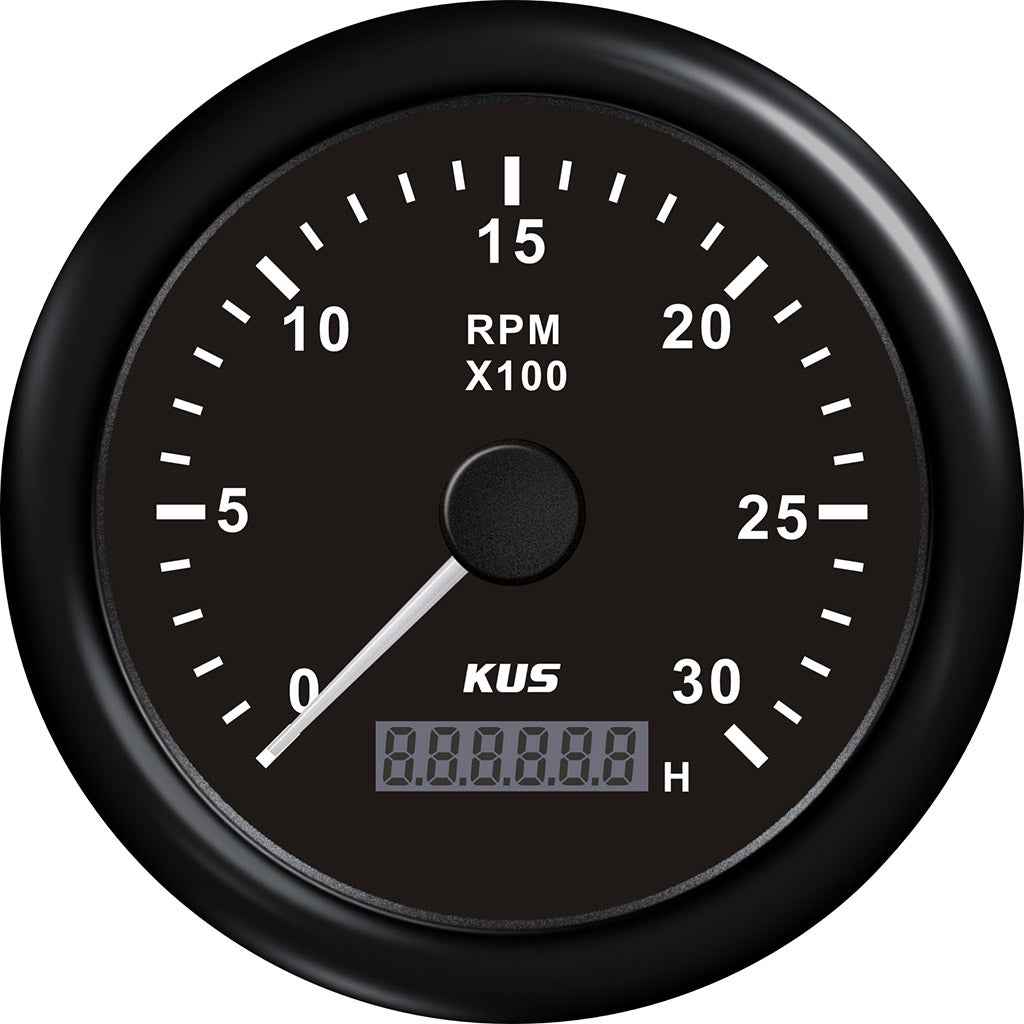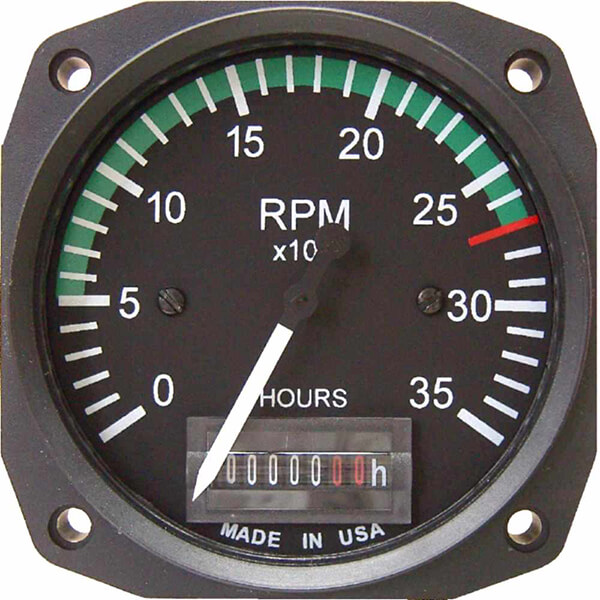Leading Reasons That Every Vehicle Driver Needs a High-Quality Tachometer
Leading Reasons That Every Vehicle Driver Needs a High-Quality Tachometer
Blog Article
The Significance of a Tachometer in Monitoring Engine Rate and Performance in Automotive Applications
In the realm of automotive engineering, the tachometer stands as an essential tool in the driver's arsenal, offering a direct window right into the internal operations of a lorry's engine. Past its feature as a mere scale of revolutions per min (RPM), the tachometer offers as an important tool for lovers and experts alike, using real-time understandings into engine performance and health.
Significance of Keeping Track Of Engine RPM
Checking engine RPM, or transformations per minute, is a critical facet of vehicle maintenance and performance assessment. Engine RPM straight correlates with the rate at which the engine's crankshaft turns, showing exactly how swiftly the engine is running.
Moreover, monitoring engine RPM is essential for efficiency examination in auto racing and high-performance automobiles. Preserving ideal RPM degrees is important for attaining peak power outcome and velocity. Racers frequently make use of tachometers to guarantee they are running within the suitable RPM variety for optimum performance. In summary, monitoring engine RPM is not only essential for identifying problems yet also for enhancing engine efficiency in various vehicle applications.

Benefits of Real-Time Information
In automotive applications, real-time data plays an important function in supplying instantaneous understandings right into the performance and condition of the vehicle. By continuously keeping an eye on different specifications such as engine rate, temperature, fuel usage, and a lot more, real-time data provides various benefits that add to enhanced performance and safety on the road.
One considerable benefit of real-time information is its capacity to sharp drivers and professionals to any anomalies or problems quickly. This positive approach enables fast recognition of prospective troubles, enabling timely treatments to stop more damages or failures. In addition, real-time information promotes efficiency optimization by offering immediate responses on driving practices and engine effectiveness. Chauffeurs can readjust their habits in real-time based on this details to accomplish better gas economic situation and lengthen the life expectancy of their vehicle.

In addition, real-time data plays an essential role in modern-day automobile diagnostics, enabling service technicians to quickly identify and address malfunctions. This leads to decreased downtime, reduced maintenance expenses, and inevitably, improved total car integrity and durability (tachometer). By taking advantage of the power of real-time data, automobile stakeholders can make enlightened choices that positively affect both the efficiency and long life of the car
Effect On Gear Shifts
The tachometer plays an important role in optimizing equipment changes by supplying real-time engine speed data to the chauffeur. When approaching the redline on the tachometer, it signals the chauffeur to upshift to protect against over-revving the engine and causing possible damage.
Furthermore, the tachometer aids in achieving smoother gear changes, especially in hand-operated transmissions. By keeping track of engine speed, drivers can my link carry out gear shifts at the optimal RPM variety, decreasing snagging movements and minimizing wear on the transmission elements. This precision in gear changes not just enhances driving comfort yet additionally contributes to fuel performance.
Enhancing Fuel Performance
Given the crucial duty the tachometer plays in optimizing equipment changes for performance and engine wellness, it directly adds to optimizing gas performance in automobile applications. By providing real-time responses on engine speed, the tachometer assists drivers in maintaining the most efficient RPM variety for gas economy. When chauffeurs regularly keep an eye on the tachometer and readjust their driving behaviors as necessary, they can prevent unneeded gas consumption caused by over-revving or lugging the engine.
Furthermore, the tachometer aids chauffeurs identify the most fuel-efficient equipment to be in at any kind of provided minute, preventing the engine from functioning more challenging than necessary. In conclusion, the tachometer offers as an important device in improving fuel efficiency by promoting optimal driving habits and determining locations for enhancement in the lorry's efficiency.

Making The Most Of Engine Durability
The tachometer's duty in monitoring engine rate and performance is crucial in ensuring the longevity of vehicle engines. Keeping an eye on the tachometer enables drivers to stay within the advised RPM range for their automobile, avoiding unnecessary stress on the engine and prolonging its lifespan.

Conclusion
To conclude, the tachometer plays an essential function in monitoring engine speed and efficiency in vehicle applications. By giving real-time information on RPM, it allows for effective gear shifts, improved gas performance, and maximized engine longevity. This device is necessary for preserving ideal engine efficiency and making sure the general capability of a vehicle.
Report this page